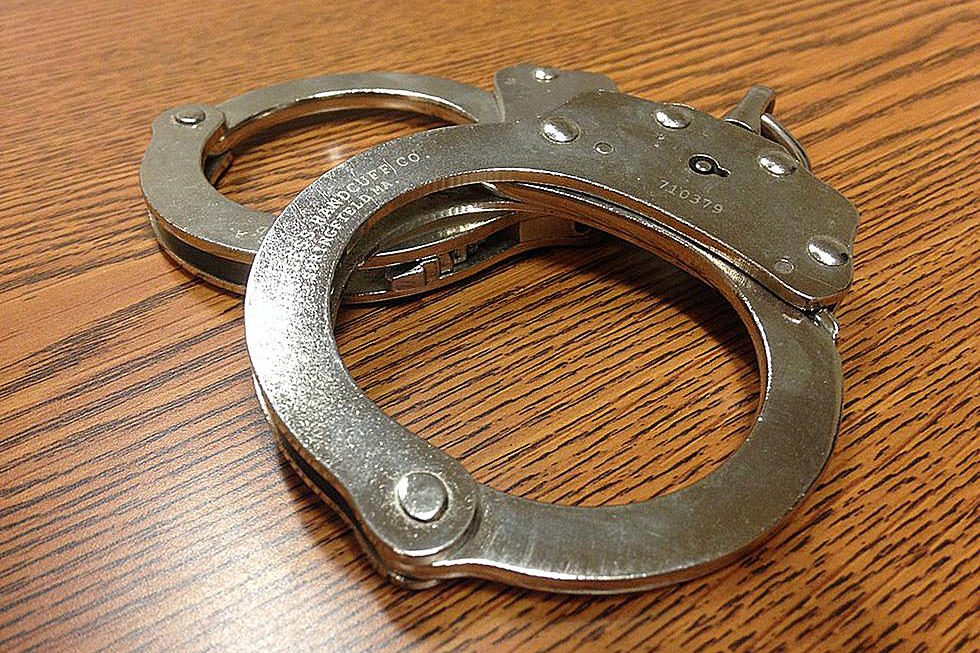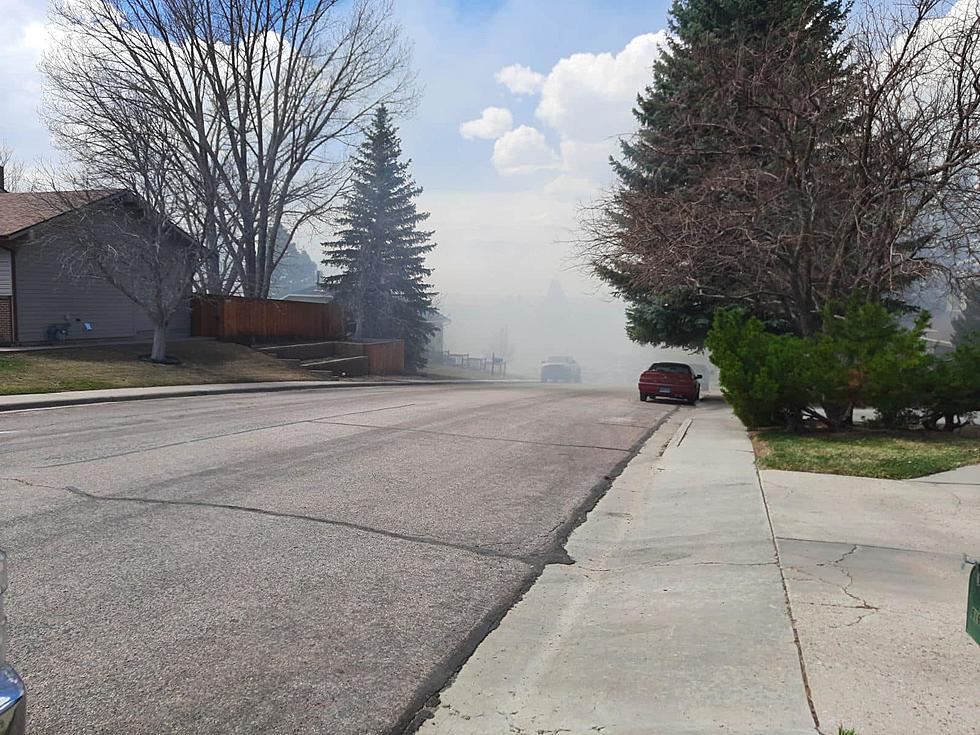
Poll: Are Traffic Tickets Really About Safety Or Dollars?
What is the real purpose behind writing traffic tickets?
Are they designed to force motorists to drive safely? Or is it really about the dollars?
If you think it's really about the money, you would not be alone. It's not hard to find online commentary suggesting the real motivation behind most traffic tickets across the country is financial. Like this article. Or this one.
A bit closer to home, the issue came up a few years ago when Cheyenne instituted a ban on cell phone usage (except for hands-free devices). Opponents of the measure claimed the real motivation was to raise more money by ticketing cell phone violators in the city.
That notion was strongly denied by Police Cheif Brian Kozak, who argued that when everything was factored in--the money to pay officers to enforce traffic laws, the cost of court time, paperwork, and all other factors--traffic tickets are not really a money maker for the city. The chief said the real issue was indeed public safety not money and appeared at a news conference holding a cell phone and saying ''This is a killer."
Law enforcement officers across the country generally deny that traffic tickets are about raising money, but argue that the best way to punish unsafe driving is through either fines or jail time. In many cases, they argue the money generated by traffic fines doesn't even cover the cost of traffic enforcement when everything is factored in.
That, of course, doesn't convince many critics, who suspect that traffic tickets, like many other things in life, are really about the money.
What do you think? Are tickets really designed to encourage public safety? Or is it really all about the dollars? Since Monday, May 27 is a holiday, we'll public the results of our survey on Tuesday, May 28.
More From KGAB









